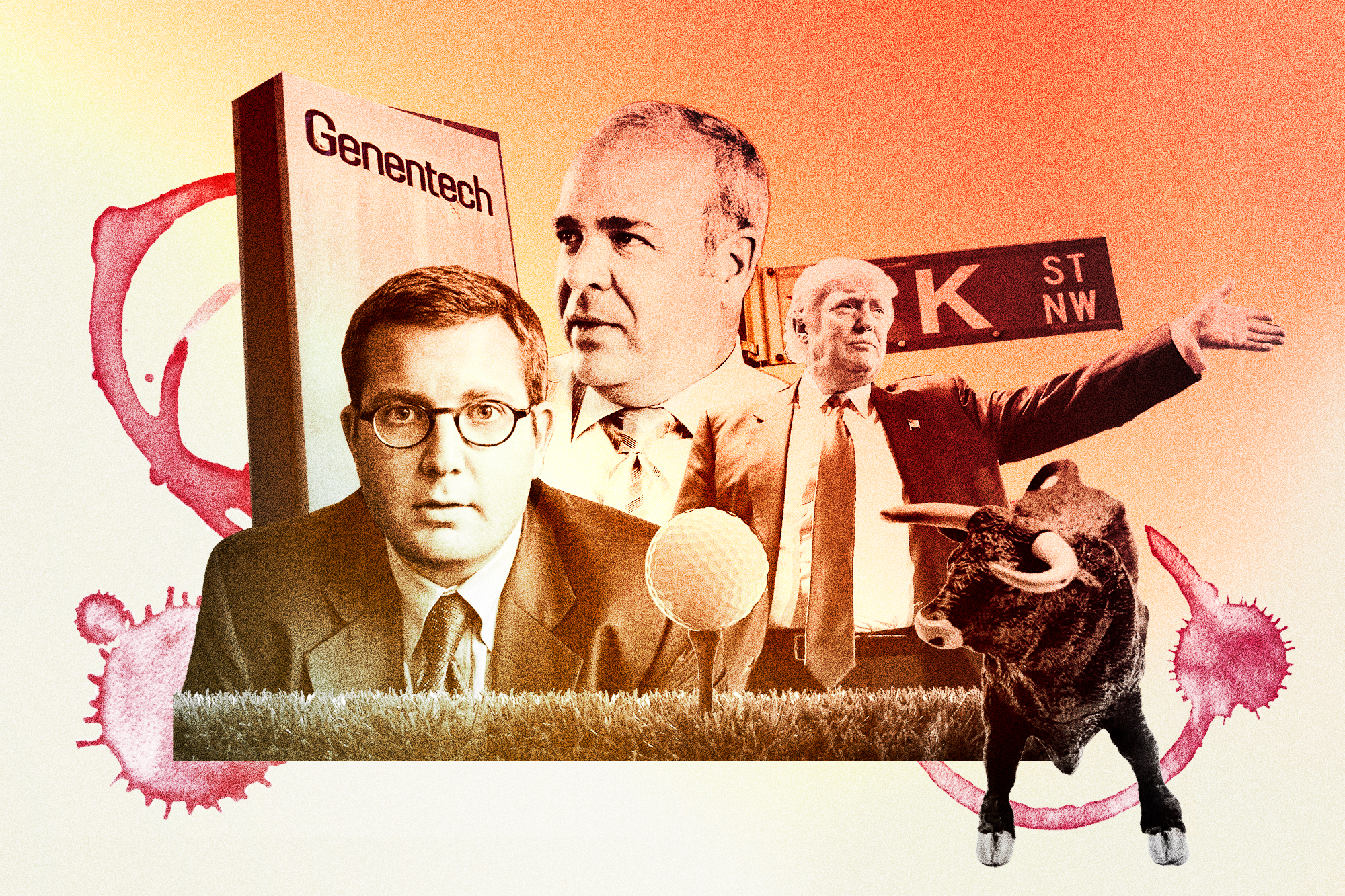A high-stakes lawsuit involving former deputy prime minister Sheila Copps raises serious questions about the integrity of lobbying practices in Canada, particularly during a public health crisis that demanded transparency and accountability. The core of the dispute revolves around allegations that Copps lobbied on behalf of a federal contractor supplying rapid COVID-19 tests without registering her activities, potentially leaving taxpayers on the hook for a staggering $30 million in unpaid commissions.
Background of the Allegations
The lawsuit, which has drawn significant attention, alleges that Copps was promised payment to lobby for a company that profited from the pandemic. As reported by research findings, the frequency of lobbying in Canada has become a contentious topic, particularly in the healthcare sector where conflicts of interest can directly impact public health outcomes.
Implications for Public Health Policy
The alleged actions of Copps not only reflect potential ethical breaches but also highlight the broader implications for public health policy. The pandemic has exposed vulnerabilities in our healthcare system, and any hint of corruption or unethical lobbying practices could undermine public trust in both government and healthcare institutions. According to studies on lobbying, the intersection of healthcare lobbying and public health policy often leads to decisions that prioritize profit over people.
\n\n
Rapid COVID test companies lobby Medicare for coverage
The Role of Transparency in Lobbying
Transparency is a cornerstone of democratic governance. When influential figures like Copps operate in shadows, the consequences can be dire. The Canadian lobbying system, as outlined in public law frameworks, should ideally prevent such conflicts of interest. However, the loopholes and lack of stringent enforcement mechanisms have led to an environment where unethical practices can flourish.
The Financial Stakes
The financial implications of this lawsuit are staggering. If the court finds that Copps did, in fact, lobby without proper registration, the contractor could escape liability for what could amount to tens of millions of dollars in commissions. This not only raises questions about corporate accountability but also poses a risk to taxpayers who ultimately bear the burden of these financial decisions.
\n\n
The Many Reinventions of a Legendary Washington Influence ...
Calls for Reform in Lobbying Regulations
The ongoing lawsuit has ignited discussions about the need for reform in Canada’s lobbying regulations. Advocates for healthcare equity argue that stronger laws are essential to safeguard against similar incidents in the future. The current framework, which allows for ambiguous interpretations of lobbying activities, could benefit from more rigorous definitions and enforcement policies. As highlighted in insights on lobbying regulations, a more transparent system would help ensure that corporate interests do not overshadow the public good.
The stakes have never been higher. In a climate where public trust is essential for effective pandemic response and healthcare access, allegations of unethical behavior by high-profile figures can severely damage the relationship between the government and the people it serves. As this lawsuit unfolds, it serves as a critical reminder of the need for vigilance in the oversight of lobbying practices.



![[Video] Gunfire between Iraqi security forces and Sadr militias in Baghdad](/_next/image?url=%2Fapi%2Fimage%2Fthumbnails%2Fthumbnail-1768343508874-4redb-thumbnail.jpg&w=3840&q=75)
